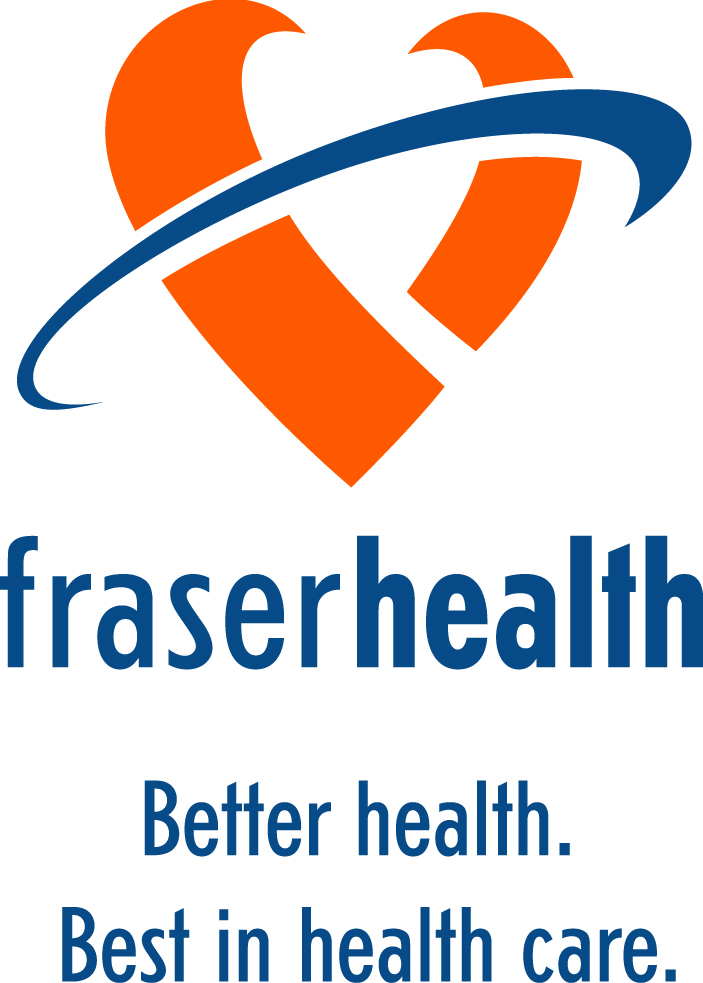 Feb 7 Coronavirus Update to Parents and Guardians.pdf
Feb 7 Coronavirus Update to Parents and Guardians.pdf
Dear Parents/Guardians
We are writing to give you updated information on the novel coronavirus (2019-nCoV), a new virus causing respiratory illness. Families may be concerned about the risk to their families. The highest number of infections continue to be reported from Hubei Province, China. There have been a small number of cases of 2019-nCoV in B.C. which are being very closely managed. The risk to British Columbians remains low.
Our knowledge of this virus continues to grow and we are using new information to adjust our public health recommendations. We are now aware of early evidence that this virus can cause a range of mild to severe symptoms, and it is possible that people will not recognize symptoms that are mild. During this time, they can reduce the chance of spread by limiting contact with others.
Therefore, we now recommend that:
- Students or staff returning from Hubei Province, China consider staying home for 14 days after they left Hubei. They should monitor themselves daily for symptoms like fever or cough. Parents should assist children as needed. Those who develop develops symptoms, should stay home and call their health-care provider or 8-1-1 t to discuss any need for testing and follow up.
- Students or staff, who have been in close contact with someone who has been diagnosed with 2019-nCoV consider staying home for 14 days after their last encounter. Individuals should monitor themselves daily for symptoms like fever and cough. Parents should assist children as needed. Those who develop symptoms should stay home and call their health-care provider or 8-1-1 to discuss any need for testing and follow up.
- Students or staff who have been in other parts of China (outside Hubei Province) should monitor themselves daily for symptoms like fever or cough for 14 days. Parents should assist children as needed. Those who develop symptoms should stay home and call their health-care provider or 8-1-1 to discuss any need for testing and follow up.
Students required to stay home that they do not need to worry about missing school. They will have opportunities for distance learning or catch up once they return.
The Ministry of Education continues to be in close contact with public health officials at all levels of government and ask the public not to make assumptions about the risk of students or staff based on their ethnicity or travel history.
Advice for Students and Families Considering Travel:
Students and families considering travel to and from China are encouraged to consult the
Novel Coronavirus in China Travel Health Notice on the Government of Canada Travel and Tourism site regularly. Recommendations change as new information becomes available.
Advice on School Events, Outings and Field Trips:
It is not necessary to cancel school events, outings or field trips to public locations. The Government of Canada has advised the public should
avoid non-essential travel to China.
Advice on masks from Provincial Health Officer, Dr. Bonnie Henry:
When sick, wearing a mask helps to prevent us from passing on illnesses to other people. But if you are not sick, we do not know if wearing a mask prevent infection, especially for children who may not be able to wear a mask properly. People wearing a mask may also touch their faces more often, potentially increasing the risk of having the eyes, nose or mouth come into contact with the virus.
Some parents wonder if a child who is returning from an affected area of China should wear a mask to school. Since the main way the virus is spread is through coughing and sneezing, this isn’t necessary for healthy children. Wearing masks in public, with a goal of preventing spread of illness, can be a way some communities show respect for others. While we do not recommend wearing masks for healthy children, it is important that any children who do wear masks are treated with respect and not fear.
Reducing the risk of coronavirus, colds and flu:
- Wash your hands frequently for at least 20 seconds using soap and water.
- If a sink is not available, alcohol-based hand rubs (ABHR) can be used to clean hands if they are not visibly soiled. If they are visibly soiled using a wipe and then ABHR is effective.
- Do not touch your face/eyes/mouth with unwashed hands.
- Cover your mouth and nose when you sneeze or cough with a disposable tissue or the crease of your elbow.
- Regularly clean and disinfect frequently touched surfaces.
- Stay home if you are sick and away from others so you don’t pass it on.
A new toll-free phone number (1 833 784-4397) has been established to answer questions from Canadians about the 2019 novel coronavirus. Service is available from 7 a.m. to midnight EST.
Anyone who is concerned they may have been exposed to, or are experiencing symptoms of, the coronavirus should contact their primary care provider, local public health office, or call 8-1-1.